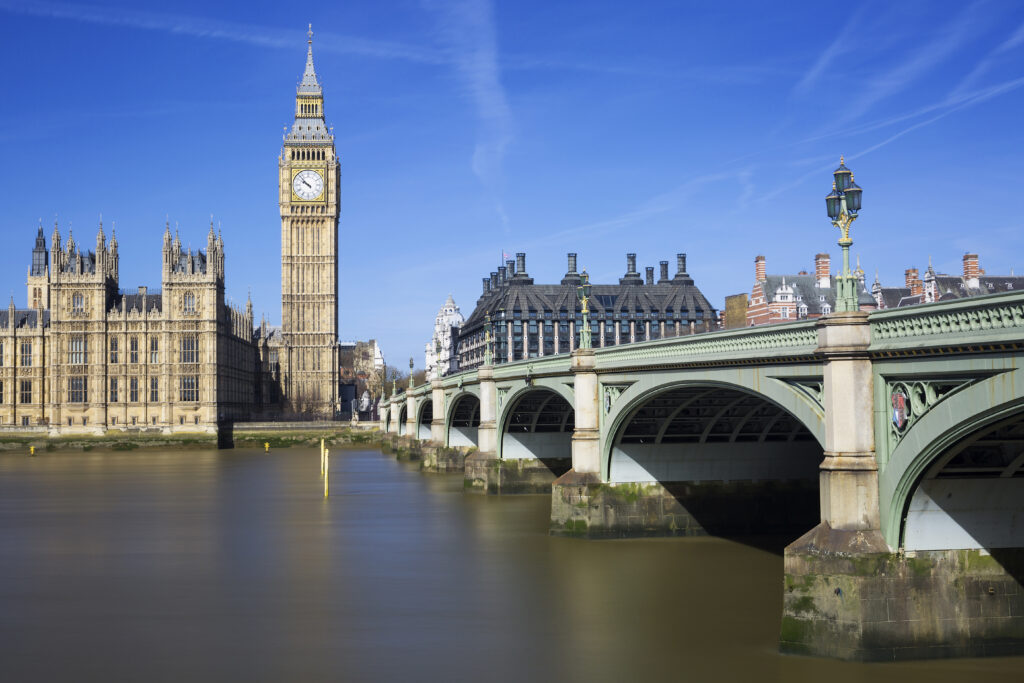Moving to the UK for studies is an exciting experience, but moving to another country may be difficult. To make your transfer as painless as possible, you must have a clear strategy in place for everything from accommodations to cultural knowledge. In this guide, we will walk you through all you need to know about settling in the UK as an international student.
Pre-Arrival Preparation
Organizing Your Documents
Before arriving in the UK, ensure you have all essential documents in order. These include:
- Passport with a valid student visa
- University admission letter
- Health insurance (if applicable)
- Proof of accommodation
- Bank statements to show financial stability
- Copies of important documents (both physical and digital)
Financial Preparation
Set up a budget for your initial weeks in the UK. Common expenses include:
- Rent and deposit
- Transportation
- Food and groceries
- Academic supplies
Open a UK bank account as soon as possible to avoid expensive international transaction costs. Most banks provide student accounts with features such as no minimum balances and free international money transfers.
Arriving in the UK
Clearing Immigration
When you arrive, you’ll need to go through immigration. Keep the following documents handy:
- Passport and visa
- Confirmation of Acceptance for Studies (CAS) letter
- Address of your accommodation
- Previous academic Degree
Be prepared to answer basic questions about your stay and studies.
Collecting Your Biometric Residence Permit (BRP)
Your BRP is proof of your immigration status in the UK. Collect it within 10 days of arrival at the designated location mentioned in your visa approval letter. Ensure your details on the BRP are correct.
Finding Accommodation
Many universities offer student housing, which is a convenient option for newcomers. Benefits include:
- Proximity to campus
- Pre-furnished rooms
- Inclusive utility bills
Private Housing Options
If university accommodation is unavailable, explore private rentals. Websites like Rightmove and Zoopla are helpful for finding housing. Ensure you:
- Read the tenancy agreement carefully
- Budget for utility bills
- Check public transport links
Temporary Accommodation
If you haven’t finalized your housing before arrival, consider temporary options like hostels or Airbnb.
Setting Up Essentials
Registering with a GP (General Practitioner)
Healthcare in the UK is provided by the NHS. To access it, you must:
Register with a GP near your residence.
Provide your BRP, passport, and proof of address.
Opening a Bank Account
Major banks like HSBC, Barclays, and Lloyds offer student accounts. Required documents:
- Passport and visa
- BRP
- Proof of student status
- Proof of address
Getting a UK SIM Card
Staying connected is crucial. Popular providers include EE, Vodafone, and Three. Compare plans for data and international calling options.
Navigating Transportation
Understanding Public Transport
The UK offers efficient public transport systems:
Buses: Affordable and widely available
Trains: Ideal for long-distance travel
London Underground: Convenient for those in London
Applying for Travel Discounts
16-25 Railcard: Save up to 1/3 on train fares.
Student Oyster Card: Discounted travel on London transport.
Cycling and Walking
Many cities in the UK are pedestrian and cyclist-friendly. Consider renting or buying a bicycle.
Adjusting to UK Culture
Understanding British Etiquette
Always queue politely.
Use “please” and “thank you” frequently.
Respect personal space.
Participating in Social Events
Join university clubs, societies, and events to make friends and adapt to the local culture. Look out for:
Freshers’ Week activities
Cultural festivals
Sports events
Overcoming Homesickness
Stay in touch with family through video calls.
Cook familiar meals.
Connect with fellow international students.
Managing Finances
Budgeting Tips
Track your spending using apps like Monzo or Revolut.
Take advantage of student discounts with an NUS Totum card.
Finding Part-Time Work
International students can work up to 20 hours per week during term time. Popular options include:
- Retail
- Hospitality
- University campus jobs
- Check your visa conditions before applying for jobs.
Academic and Career Support
Familiarizing Yourself with Campus Resources
Make use of university services:
- Academic writing workshops
- Career counseling
- Library resources
Building a Professional Network
Attend seminars, workshops, and networking events to connect with peers and professionals in your field.
Staying Safe in the UK
Emergency Contacts:
Dial 999 for emergencies.
Dial 111 for non-urgent medical advice.
General Safety Tips
Avoid walking alone late at night in unfamiliar areas.
Keep your valuables secure.
Be cautious of scams and fraud.
Long-Term Planning
Renewing Your Visa
If your course extends beyond your visa duration, start the renewal process early. Requirements may include:
- Proof of enrollment
- Financial documents
- Updated CAS letter
Exploring Post-Study Options
The UK offers several post-study work options:
Graduate Route Visa: Allows you to stay and work in the UK for up to two years after graduation.
Skilled Worker Visa: Transition to a work visa if you secure a job with a UK employer.

Conclusion:
Settling in the UK as an international student may be difficult, but with good preparation and planning, it can be a wonderful experience. By following this guidance, you’ll be well-prepared to adjust to life in the UK and concentrate on your academic and personal development.